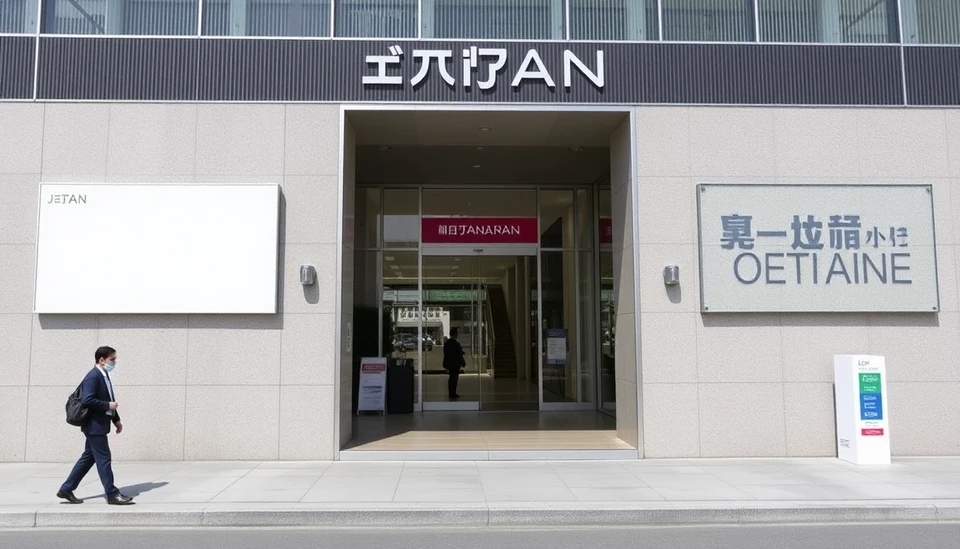
In a troubling economic trend, Japan is witnessing its highest rate of corporate bankruptcies in ten years, driven primarily by escalating operational costs. This surge, marking a significant shift in the nation’s financial landscape, reflects broader challenges faced by businesses as they grapple with the pressures of inflation and increasing expenses.
The latest data indicates that during the third quarter of 2024, Japan recorded a staggering 8,310 corporate bankruptcies, a figure that represents a 21% increase compared to the previous year. Such a rise is alarming and suggests that many companies are struggling to maintain profitability amid these challenging economic conditions.
Experts attribute this wave of bankruptcies to various factors, including the sharp increase in raw material costs and supply chain disruptions that have persisted well into 2024. The ongoing impacts of the COVID-19 pandemic, compounded by the geopolitical tensions affecting global trade, have created a volatile environment for many businesses.
Particularly affected are small to medium-sized enterprises (SMEs), which often have fewer resources and less financial resilience to withstand these external pressures. Many of these businesses were already on precarious ground following years of slow economic growth, and the recent spikes in costs have pushed them over the edge.
The ramifications of this bankruptcy wave extend beyond individual companies; they are emblematic of broader economic issues in Japan. Analysts warn that if this trend continues, it could lead to increased unemployment, a decline in consumer confidence, and further weaken the overall economic recovery that Japan has been striving for since the pandemic's peak.
With inflation rates rising, the Bank of Japan faces a difficult conundrum regarding monetary policy. While historically low interest rates have encouraged borrowing, the escalating costs pose a serious threat to business viability and economic stability. Policymakers are under pressure to devise strategies that can alleviate the financial burdens on companies without stifling economic growth.
This increase in bankruptcies also highlights a critical need for support mechanisms for struggling businesses. The government may need to consider providing additional relief measures or stimulus packages to help mitigate these financial challenges and foster a more stable economic environment.
Overall, the current surge in bankruptcies serves as a wake-up call for Japan’s corporate sector and policymakers alike, emphasizing the urgent need for proactive measures to navigate these turbulent economic times.
As the situation unfolds, it remains to be seen what steps will be taken to address these financial woes and support businesses in Japan, as the ripple effects of these bankruptcies will likely be felt across the economy for years to come.
#Japan #Bankruptcies #Economy #Inflation #SmallBusiness #CorporateDebt #FinancialCrisis
Author: Rachel Greene




